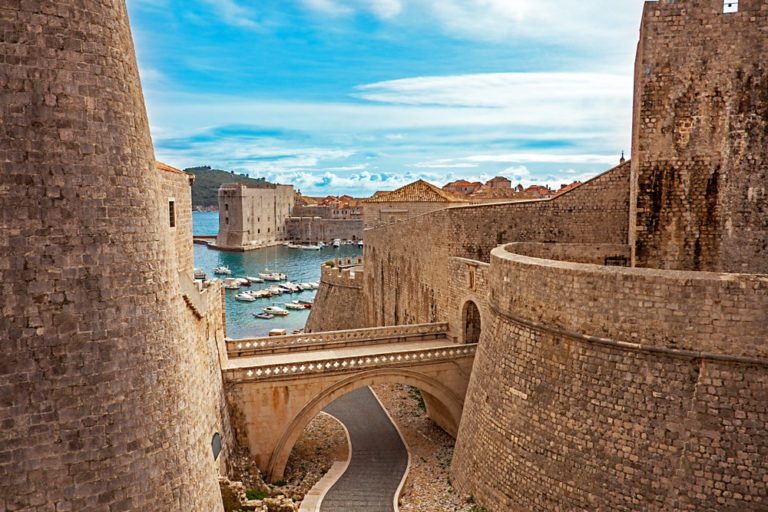
Before you plan to shift to Croatia, you must know that before moving abroad, you should have proper knowledge about that country, the standard of living of that country, lifestyle, rules, and regulations. Here’s all you need to know before you shift to Croatia. It has all the necessary information about the Republic of Croatia, which you need to know before shifting to Croatia.
So, are you planning to Shift to Croatia?
Croatia or Republic of Croatia is a country located in the South-Central Europe and Mediterranean region on the Adriatic Sea. The neighbouring countries to Croatia are Slovenia, Hungary, Bosnia and Herzegovina, Serbia and Montenegro. It is the newest addition nation of the European
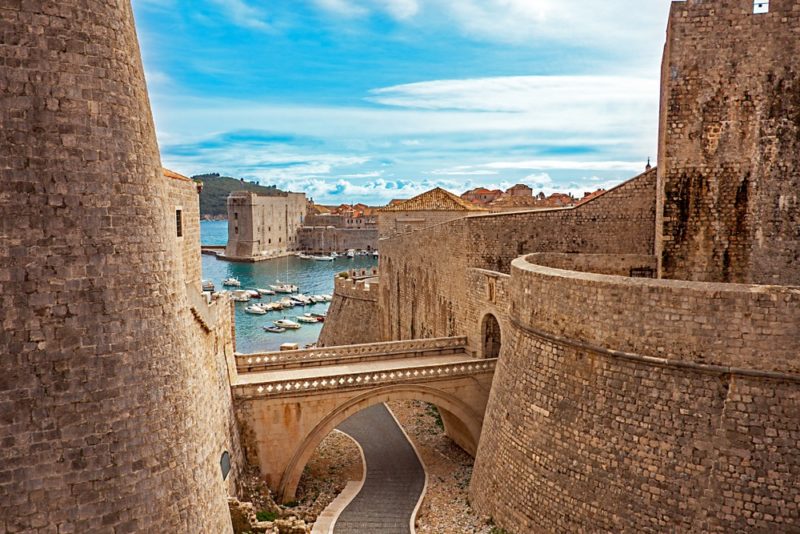
Union. Along the coastline, this country has a pleasant Mediterranean climate, and towards the interior, it has a continental climate. The coast experiences mild spring and autumn while winter is cold and snowy in central and northern regions. It has flat agricultural plains along the Hungarian border and low mountains and highlands near the coastlines of Adriatic Sea.
The nation’s capital city is Zagreb, and it is the largest city in the country. Another famous town in the country is Dubrovnik, which is a UNESCO World Heritage Site. The most memorable show, The Game of Thrones, filmed in some places of Dubrovnik.
More about Croatia
To shift to Croatia is a wonderful experience. You can explore and appreciate the ways of living in a new country and make the best of it by giving Croatia a chance.
Facts about Croatia
- Croatia is the 127th largest country in the world.
- It is the home of world-famous dog breed Dalmatians.
- It has 1246 islands, isles, and inlets.
- The Game of Thrones Kings Landing is, in fact, Croatian Dubrovnik.
- Two Croatian’s names are there on the map of the moon – Scientists J.R. Boskovic and A. Mohorovicic.
- Croatia invented the necktie.
- Almost 10% of Croatia covered 11 nature parks, eight national parks, and two nature reserves.
- The Republic of Croatia enjoys 2,715 hours of sunshine a year.
- Scientist Nikola Tesla was born in Croatia in the village of Smiljan.
- Croatia has the most number of UNESCO Intangible Goods of any European country.
- Croatia has the highest collection of remains of Neanderthal people in the world.
Entry requirements in Croatia!
Croatia is a part of the Schengen Agreement, but it has not yet implemented it. Nationals of almost every non-EEA countries do not need a visa for entry and can stay in Croatia for 90 days in 180 days. Citizens of EU and EFTA countries can enter Croatia using only their ID card, and others need a valid passport for entry.
How to enter Croatia?
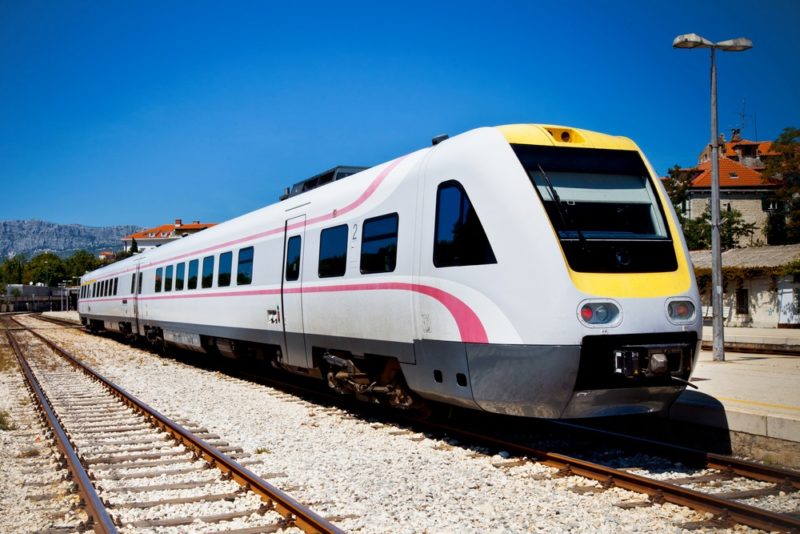
- By Sea– Rijeka (HRRJK) and Split (HRSPU) are the most significant seaports of Croatia.
- By Train– The rail network connects Croatia to almost every neighbouring European countries.
- By Bus– Dubrovnik, Split and Osijek are the main destinations of International buses.
- By Road– To enter Croatia, you need to carry a driving license, a vehicle registration card, and insurance documents.
- By Air-Zagreb (ZAG) and Dubrovnik(DUB) are Croatia’s biggest gateways, and Lufthansa is the largest international carrier that serves them. Croatia Airlines is the national flag carrier.
Croatia Language:
The official Croatia language is Croatian, and it is the 24th official language of the European Union. English, Italian, Czech, Hungarian, Italian, Ruthenian, Serbian, and Slovak are also spoken in Croatia.
Croatia Religion:
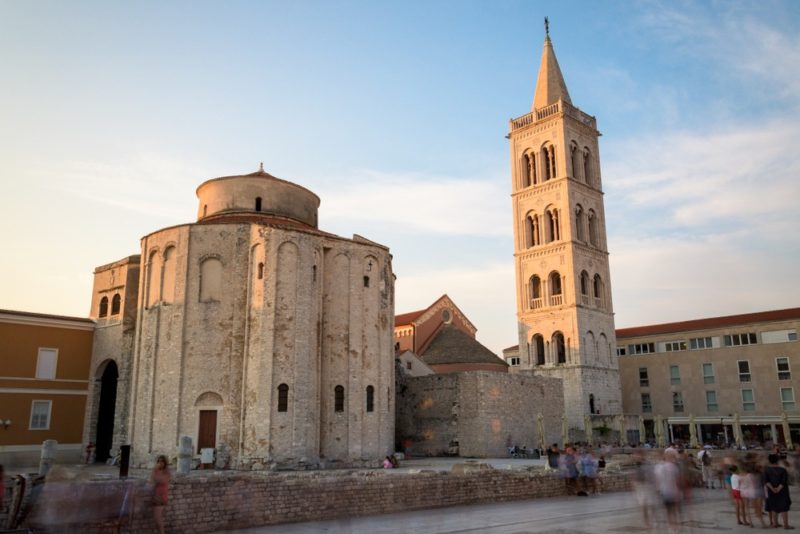
Croatia has no official religion. Freedom of religion is a right of every citizen, defined by the Constitution of Croatia that defines all religious communities as equal before the law and separates from the state.
Croatia Currency:
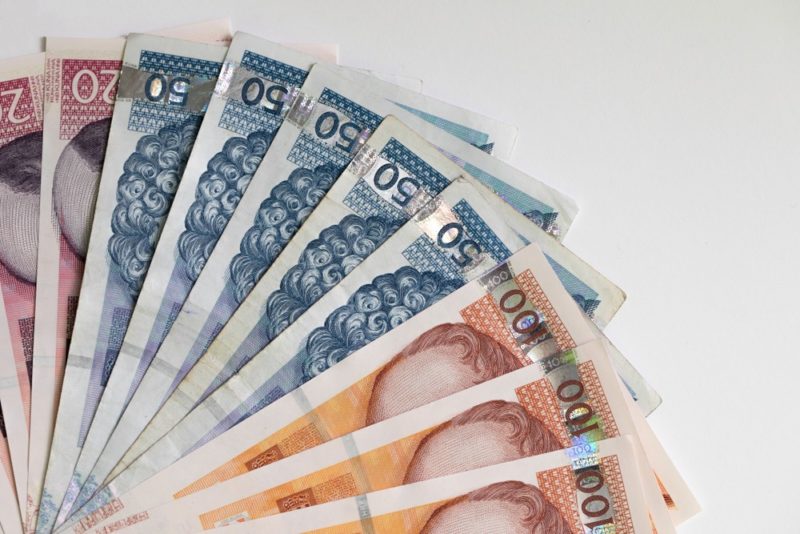
The currency in Croatia refers as Kuna (short form “Kn” and code is HRK). It is an issue by the Croatian National Bank, and coins made by Croatian Monetary Institute. It comes in the dominations of 5, 10, 20, 50, 100, 200, 500, 1000 as notes and 1, 2, 5 and 25 as coins.
Croatia Law and the Judicial system:
Croatia has a civil law legal system in which the law arises from written statutes where judges serve as implementers, not as creators.
Croatia Healthcare:
Croatia has a Universal Health Care system, rooted in the Hungarian-Croatian Parliament Act of 1891. The Croatian citizens are cover by a basic health insurance plan provide by statute and optional insurance. There are hundreds of healthcare institutions in Croatia, including 79 hospitals and clinics with 23,967 beds.
Drinking:
The tap water in Croatia is safe to drink; but, if you prefer bottled water, then it is expensive here. The legal age for drinking in Croatia is 18 years. Wines, beers, and spirits are top-rated in Croatia among alcoholic drinks.
Croatia Tourist registration:
All tourists in Croatia need to register at a local tourist office. The non-EU tourists need to register at the police.
Croatia Food:
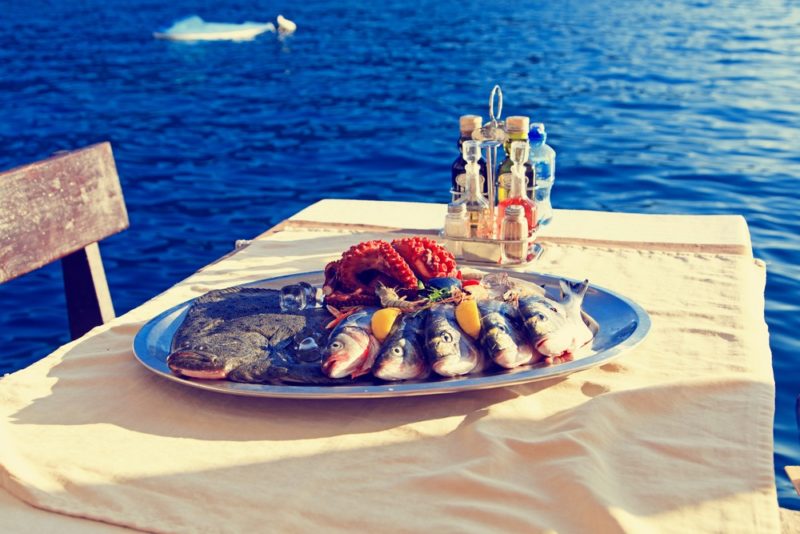
The food in Croatia is varied, fresh, local, and tasty. The continental Croatian citizens eat a lot of meat while the coastal Croatians have a diet based on fish and other seafood.
Safety:
Croatia is a very safe country. The crime rate in Croatia is meagre and almost no violence. But, it is the responsibility of every person to take care of their belongings while using public transport.
Internet:
Internet in Croatia is available. The Wi-Fi coverage is pretty good. Many towns offer free Wi-Fi hot spots at prominent places. The internet speed in Croatia is not so fast.
Every nation has its pros and cons. If we neglect the disadvantages, then we can have a great time in that country throughout our living.